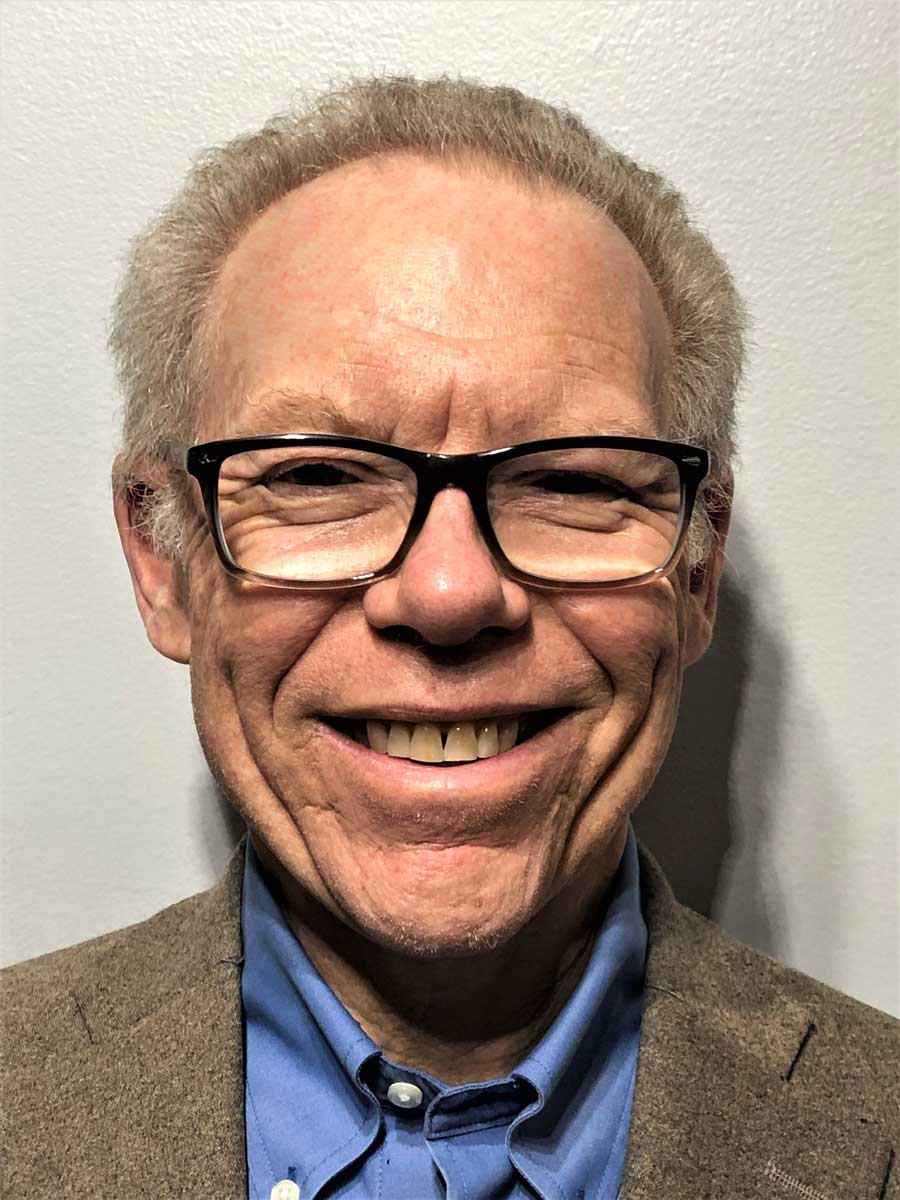 Unitarian Universalist congregations did a terrific job reacting to the novel coronavirus pandemic. With support from the UUA and each other, we transformed operations to the virtual universe. We began conducting everything from Sunday services to religious education classes to meetings and small groups using Zoom. And stewardship followed suit as our congregations conducted successful spring annual budget drives while respecting the need to be socially distant.
Unitarian Universalist congregations did a terrific job reacting to the novel coronavirus pandemic. With support from the UUA and each other, we transformed operations to the virtual universe. We began conducting everything from Sunday services to religious education classes to meetings and small groups using Zoom. And stewardship followed suit as our congregations conducted successful spring annual budget drives while respecting the need to be socially distant.
What happens next? Back in March no one expected that we’d still be social distancing and looking at the potential for another whole church year of virtual operations. But here we are, so what are we to do for virtual stewardship?
First, keep on what you’ve been doing. Stewardship efforts have connected people during the pandemic. The stewardship contacts made in the spring strengthened our individual congregations and the UU movement. Please keep that up. Find ways. perhaps in concert with the Membership or Caring Team, to connect to see how people are doing, respond to questions, invite participation in virtual activities, and remind them that financial needs continue and you’ll be back in touch for the coming year’s campaign.
Second, track pledge fulfillment religiously. Reach out to people who are falling behind on their payments. Treat these as pastoral calls, checking in to see if circumstances have changed or the pledge payment was simply overlooked. Don’t put off making these calls. Establish a team to review fulfillment data at least monthly and make the calls right away.
Third, consider offering one or two on-line adult RE programs on finance topics of interest. Examples include values-based budgeting, managing debt, planning for college, planning for retirement, estate planning and legacy giving. While these programs are not intended to improve campaign results, they show members it’s OK to talk about money in church. And they extend the mission of the congregation to help us manage our money in line with our UU values and during challenging times.
Fourth, plan and carry out a robust annual budget campaign for the coming year. Recognize that the campaign will likely be virtual, whether it is conducted this fall or next winter/spring. Take advantage of the opportunities a virtual campaign offers. Reaching many people will be easier as they are traveling less and more available and likely to be open to zooming for stewardship conversations. For some, expenses are down during the pandemic while income is unchanged or even increasing given the rise of the stock market. Encourage generosity while recognizing that some of us are suffering. Be sure to articulate how pledges further your mission and why you need to fully fund the budget even though you are not using your building or meeting in person.
Fifth, widen the circle of people you might ask to support your church. Many congregations have seen increases in attendance since shifting to online services and programs. Invite the new people to contribute and include them in the pledge drive, recognizing that some may give less than traditional members. Consider ways to grow your virtual congregation, for example: bring-a-friend Sunday; ask social justice teams invite their non-UU friends to join specific actions; schedule a concert or a speaker series and promote it widely. And most important, build your database of virtual attendees, track interests and participation, and ask if you can contact them for programs of interest to them.
Finally, look for creative ways to make lemonade from the lemons of the pandemic. Expand your team, identify ways to increase connections, be enthusiastic and optimistic – your positive spirit will be contagious and inspirational. It will make a difference to your fellow members and your congregation.
As always, we at Stewardship for Us are available to help in a variety of ways. We have retooled our offerings for the virtual world and can help you explore the possibilities. And watch for new Friday forums and blog posts.

Stewardship Consultant Barry Finkelstein has been a Unitarian Universalist congregational stewardship consultant since the Fall of 2007 and has worked with over 100 congregations on annual budget drives, capital campaigns, and strategic planning. This is Barry’s last post as he is retiring effective January 1, 2025.

